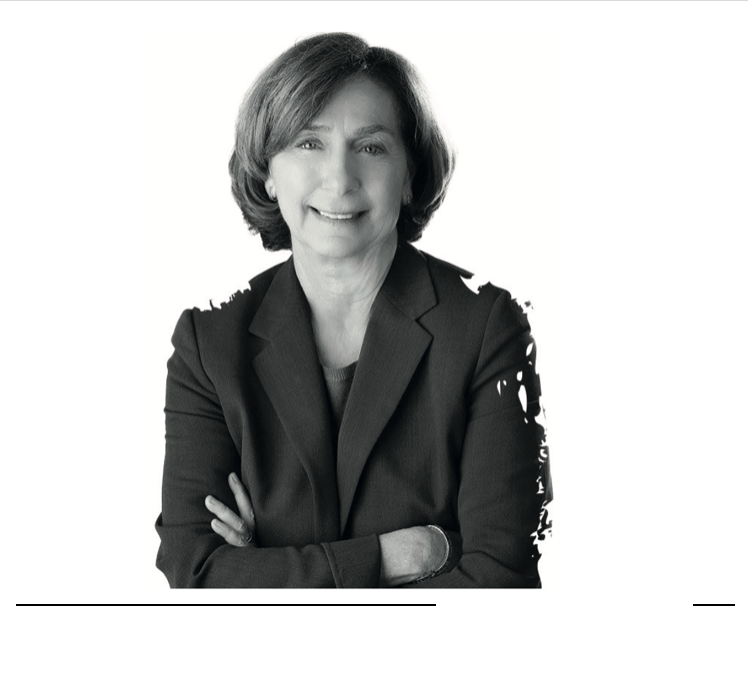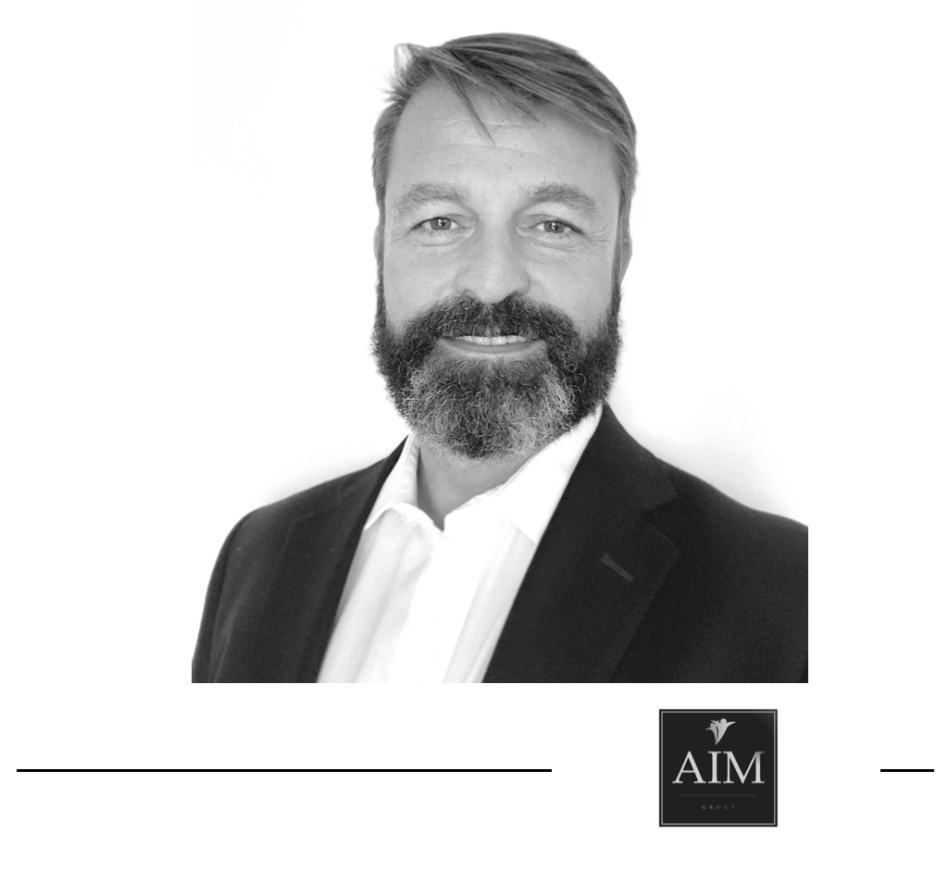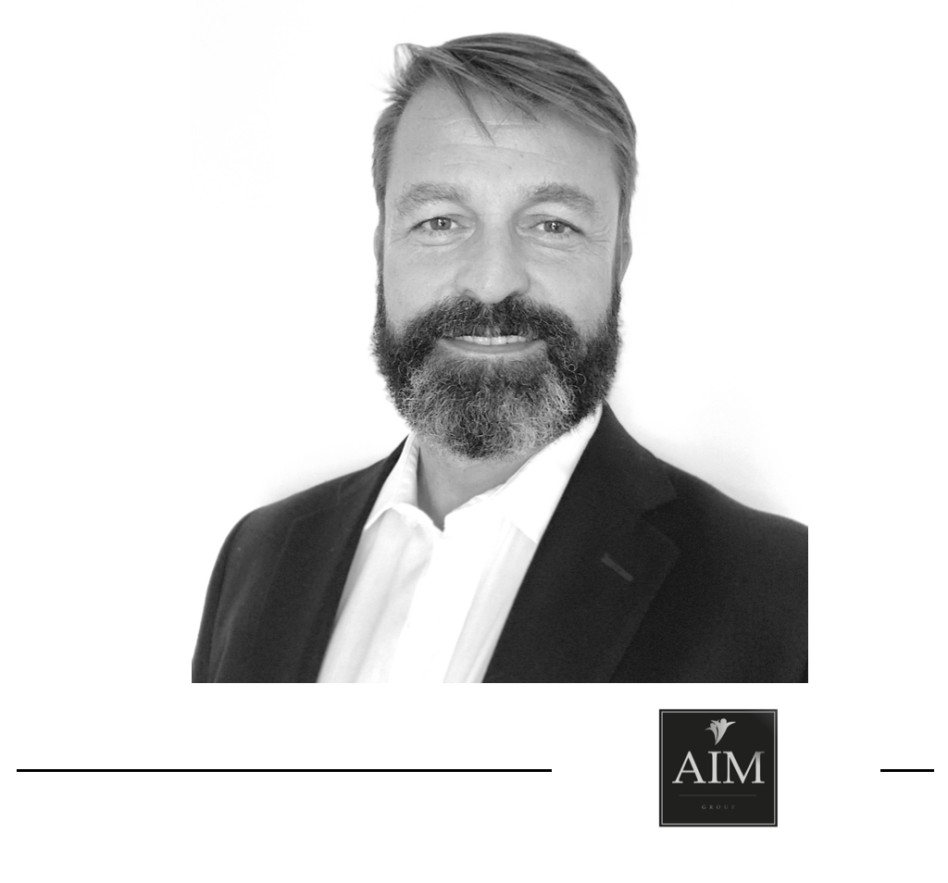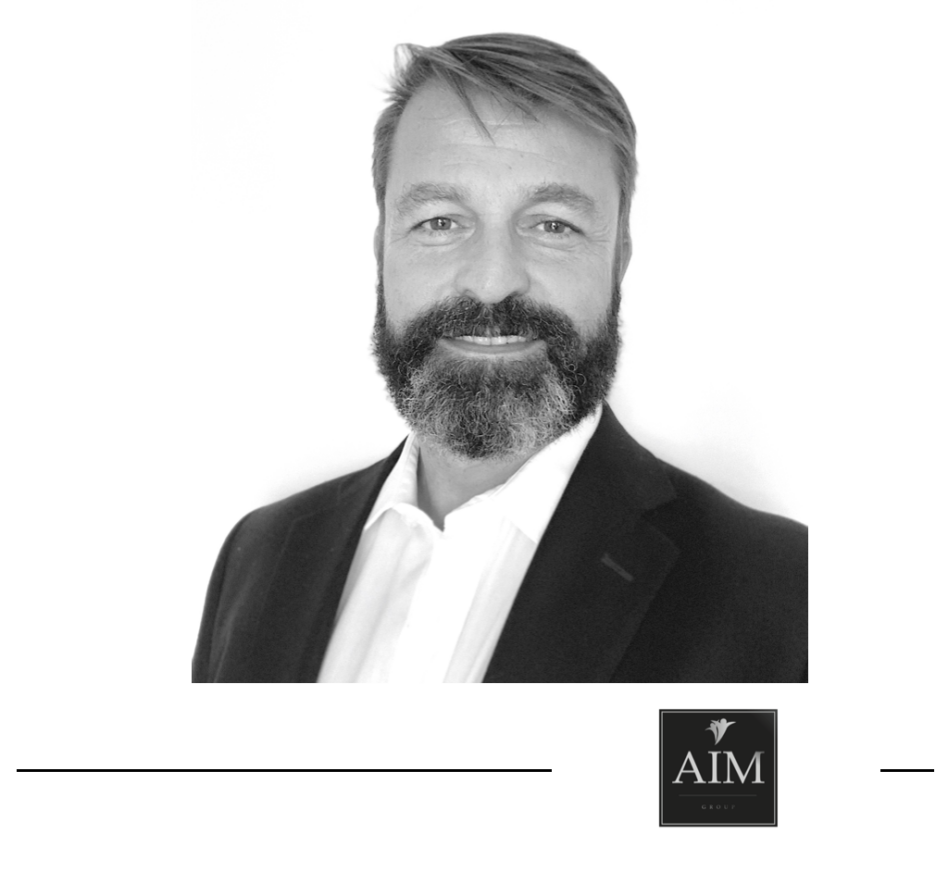By: Ann Ravel
-Former Chair Federal Election Commission
-California Fair Political Practices Commission
-Deputy Assistant Attorney General in the Obama Administration
Many young people decide what they want to be; how they will make a mark on society; and, what kind of job they aspire to early in their lives, sometimes even before high school. I have known people whose lives were so carefully planned that they have determined exactly what they have to do in order to get them to their goals. I thought that I would be such a person – that I would do what my father had been telling me most of my childhood – that I must make a difference in society. While it is not a bad thing to have a motivation, my experience in many different areas and in extremely different jobs has led me to believe that making precise plans and not experimenting with other experiences can actually stifle our ability to make change.
An example of this is my own high school experience. I became enamored with philosophy when of my teachers, in a public speaking class, used philosophy as a way to provide a topic for our speeches. Because philosophy could be about ethics, Justice, government, and analysis, and other arcane issues, I was certain that I would be a philosopher. When in college at the age of 16, philosophy was my major and I delved deeply into phenomenology, morality and political philosophy. I was firm in my desire to get a PhD in Philosophy.
My father, who was a college professor in the sciences, and had a PhD in Physics and Meteorology, strongly dissuaded me from choosing that route. He said that I would end up teaching at a small college in the middle of the country, and would have to keep writing articles to be promoted. He knew that I would hate that, and encouraged me to go to law school instead. He was right. The legal profession was a great choice because it enabled me to do many different kinds of work in many different arenas- from teaching, to writing, to advocacy, and giving advice and mediating disputes.
My career as a lawyer began in a small law firm, representing ( and giving free legal advice to) clients who were in the trades, including carpenters and bricklayers. But what I found particularly meaningful was the pro bono (free) work that I did for immigrant farm workers who were working picking strawberries, which is back-breaking work, but they were not being paid fairly by the big corporate grower that employed them. I sued the company, and was able to get them to agree to increase the wages of the workers. After the settlement, the workers came to see me, driving a long distance to thank me with a tray of delicious strawberries to thank me for my efforts and to let me know what a difference the settlement had made for their families.
Another case that I handled for free was to against a Shopping Center owner for not allowing a group of high school students to ask people at the shopping center to sign a petition against a United Nations General Assembly Resolution. Although I lost the trial in the lower court, it was appealed to the California Supreme Court and then the US Supreme Court, which found that the private owner of the shopping center could be prohibited from excluding peaceful expressive activity to open areas of the shopping center. This case is now a standard throughout the country allowing advocates to petition for their issues.
These cases made me realize that what I really wanted to do was precisely what my father instructed – to make a difference in the community and in people’s lives. After a year at the law firm, I knew that I didn’t want to be in the law to make a lot of money, I wanted to use the law for good, so I left to work in the public sector where I could make change for the community.
While a new lawyer at the County Counsel’s office, I agreed to take on many different legal issues and cases in various aspects of the law – from arguing for conservatorships of the mentally ill, labor law issues, gender discrimination cases, and defending the county in medical malpractice cases, and more. Working on many different issues gave me valuable experience, and enabled me to be promoted to supervisor positions. As one of the very few women in the office, it was not easy to be a supervisor of men who had worked there for more years than I had, but I recognized that even challenging and difficult situations gave me important experience in how to respond to aggression and anger of other employees. And, it provided greater access to and insight into my own boss and how he made decisions. Although he was not a good boss, the insights proved helpful for me, by watching his dysfunction, to understand how to treat employees respectfully and to enable them to succeed. It taught me how to be a leader.
And I did become the head of the office. I was able to hire more women and minorities. And, I knew that the job at a government law office should not be just to defend the government in lawsuits against it, as had been the tradition. Because the job of the government is to serve the community, I thought that the lawyers in my office could use the law to help the community thrive. So I started a “Social Justice Affirmation Litigation” division, to help those subjected to immigration fraud, to ensure educational rights for children who were in juvenile facilities, to sue those who were defrauding seniors, and to sue companies that were injuring the health of members of the public – tobacco companies, and paint companies which knowingly sold toxic paint which had caused lead paint poisoning in children in mostly low income families. The lead paint case, the first in the country, settled for $305 million so several local governments could remove the paint. Because this was a ground-breaking case, I was asked by the new Obama administration to be the Deputy Assistant Attorney General in the US Justice Department, to oversee Consumer litigation. I also worked on the oil spill in the Gulf of Mexico, financial issues that had been caused by mortgage fraud, compensation for the responders to 9-11, and many other significant matters.
But being in Washington DC, away from my family took a toll, and I felt that I was not accomplishing enough. And, interestingly, as a woman who had previously had many important jobs, I nevertheless did not think that I was good enough. Most of my male colleagues had gone to elite law schools and worked in previous administrations, while I had gone to a public law school, and had little familiarity with the federal system. But when I left, I was told by many employees that I was the best person ever in my job because I cared about the people in the country and how the laws affected them. These comments gave me more confidence in the work that I continued to do.
I was appointed by the Governor of California to be the Chair of the California Fair Political Practices Commission. Though I had worked in government ethics, I had never done campaign finance law. I approached the job as if it was essentially consumer protection to give transparency of political activity to the public. And that transparency is exactly what I fought for during my tenure. We brought the first case in the country to fight millions of dollars of “dark money” whose source was unknown when it was given in an election. We identified the people involved before the election so people could know who was trying to buy their vote.
Because of the notoriety of that case, I received a call from the White House asking me to be an Obama nominated Commissioner of the Federal Election Commission. I was unanimously confirmed for this position by the United States Senate, in 2013. I became well known – including for speaking out publicly on tv, in a documentary, and in the press, about the failure of the bipartisan Commission to do its job to regulate and require disclosure of money in politics, because of partisan stalemates.
In 2017, I returned to California to teach at UC Berkeley Law School, to work as a Mediator and Expert witness, and to work on Electoral issues throughout the world. The many experiences in my career have enabled me to continue to work in areas where I can make a difference in the world.




